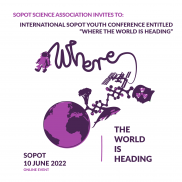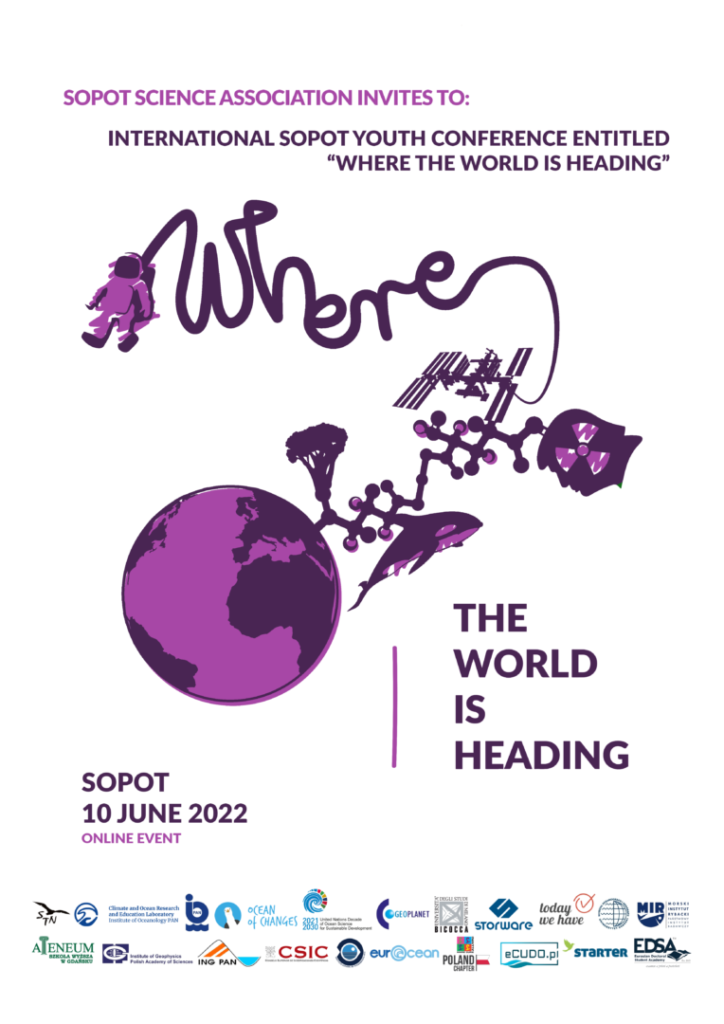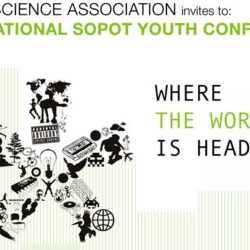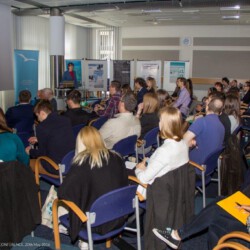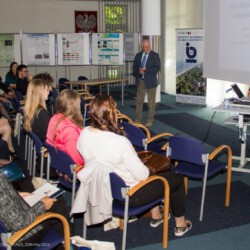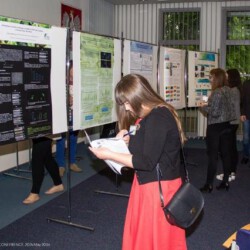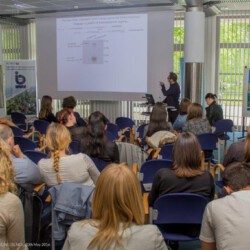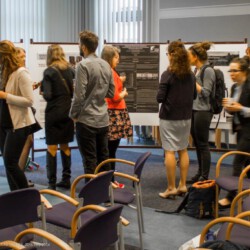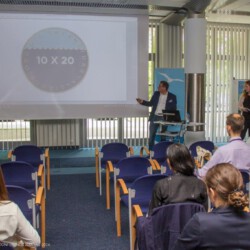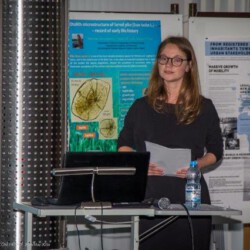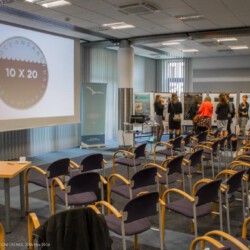Sopot Science Association (SSA) welcomes contributions to the fifth edition of the International Sopot Youth Conference 2021 entitled Where the World is Heading. This conference is the continuation of the Sopot Youth Forum. Since 2008 over 450 scientists from different countries have presented their work during the Conference.
We invite young scientists or science enthusiasts, university students, Ph.D. students and young doctors to present their work, visions, opinions, and thoughts. The Sopot Youth Conference consists of two thematic blocks: humanities and social sciences , natural and physical sciences and Women and Girls in Science.
Both oral (15 minutes) and poster presentations are welcome. Due to the uncertain COVID-19 situation worldwide, the 2021 edition of the conference will be held online.
International Sopot Youth Conference has a multidisciplinary character, therefore presentations should be prepared in an intelligible manner in English. The Conference language is English.
Our Conference Proceedings are registered, and have an ISBN, and thus can be cited.
Just like in previous editions this year the best presentations will be granted FINANCIAL AWARDS.
Abstracts submissions (max. 1500 characters) 6 May 2022
Acceptance notifications 16 May 2022
Conference 10 June 2022
Online submissions are available under the link https://2022isyc.konfeo.com/en/groups
Full information about deadlines, organization, venue and abstract submission also at the SSA webpage: https://oceanofchanges.com/en/odn/isyc2022/
Link to the Facebook’ event: https://www.facebook.com/events/670046044261960
This year we divide sessions into four categories:
Natural Sciences
Humanities and Social Sciences
First two category are open, represent a holistic approach to the description of the phenomena that occur within the natural environment, that also may lead humans to proper understanding and hence, actions for the best of our planet. Traditionally, those are the platforms for young scientists and science enthusiasts from all research areas with a given opportunity to present their work, visions, opinions, and thoughts for the general audience.
Then, the third, new category – Women and Girls in Science
In order to effectively face the challenges of the 21st century, we must rely on science and involve everyone, including women and girls, who often play a key role in the scientific and technological communities. Based on UNESCO’s efforts to mobilize the global community to engage women and girls in science, we are announcing the call for presentations on research taking into account the gender perspective, diagnosing the current situation of women in science, showing solutions that increase their presence in science as researchers, as well as mechanisms to support them.
Exemplary topics include:
– the role of women scientists in addressing the challenges of the future
– challenges women scientists face in their career development, including the impact of the covid-19 pandemic
– consequences of ignoring gender in research and best practices of solving this problem,
– best practices in implementing gender equality at universities, schools and public institutions,
– best practices in attracting girls and women to science,
– science and business; best practices in cooperation between scientists and business.
– ways to empower women and girls in the Decade of Ocean Science for Sustainable Development.
Then, the four, new category – The GeoPlanet Fact or Fake?
Do you have problems with some myths and fake information in your field of expertise? Do you have to challenge them in discussions? Please share such information with us. Tell us what do you mean by fact versus fake info. Tell us how/if you challenge these situations. Do you have any special methods for convincing people about science-based knowledge?
We welcome submissions from any scientific field aiming to tackle “scientific” myths and hence make a change in the perception of science in society.
We reserve the right to choose session assignments.
Contact persons for natural sciences is Paulina Pakszys for humanities and social sciences and for Women and Girls in Science is Izabela Kotynska-Zielinska for the GeoPlanet session is Marta Wojewódka
We strongly encourage all participants to present their works, as always, in two avaiable forms: an oral presentation and a poster.
The presentation time is limited to 15 min (12 min for presentation + 3 min for discussion).
The accepted formats of presentations are: *.ppt, *.pptx or *.pdf format. We advise you to contact organisers in case of other presentation format usage to provide software. Additionally, we remind you to put references for any images, figures, movies used to avoid copyright issues. Presentation should be done in popular science character (all of the scientific terms should be explained so that everyone can follow you).
Poster session will be handled using Padlet.
All of the posters will be assessed by the Scientific Committee. It is possible to present posters during 3-minute oral presentation, which we strongly advise you to do. One slide presentation in a form of poster is required. The maximum slide number is 3. In this poster/slides you should introduce yourself, set up the main objective/aims of your projects. The presentation should catch audience attention. The accepted formats of posters are again *.ppt, *.pptx or *.pdf. All of the posters should be displayed for full conference day for the view. This is a reason why we strongly recommend sending your posters 3 days in advance. Presentation should be done in popular science character (all of the scientific terms should be explained so that everyone can follow you).
Full information about deadlines, organization, venue and abstract submission also at the SSA webpage: http://stn.edu.pl/isyc2022

